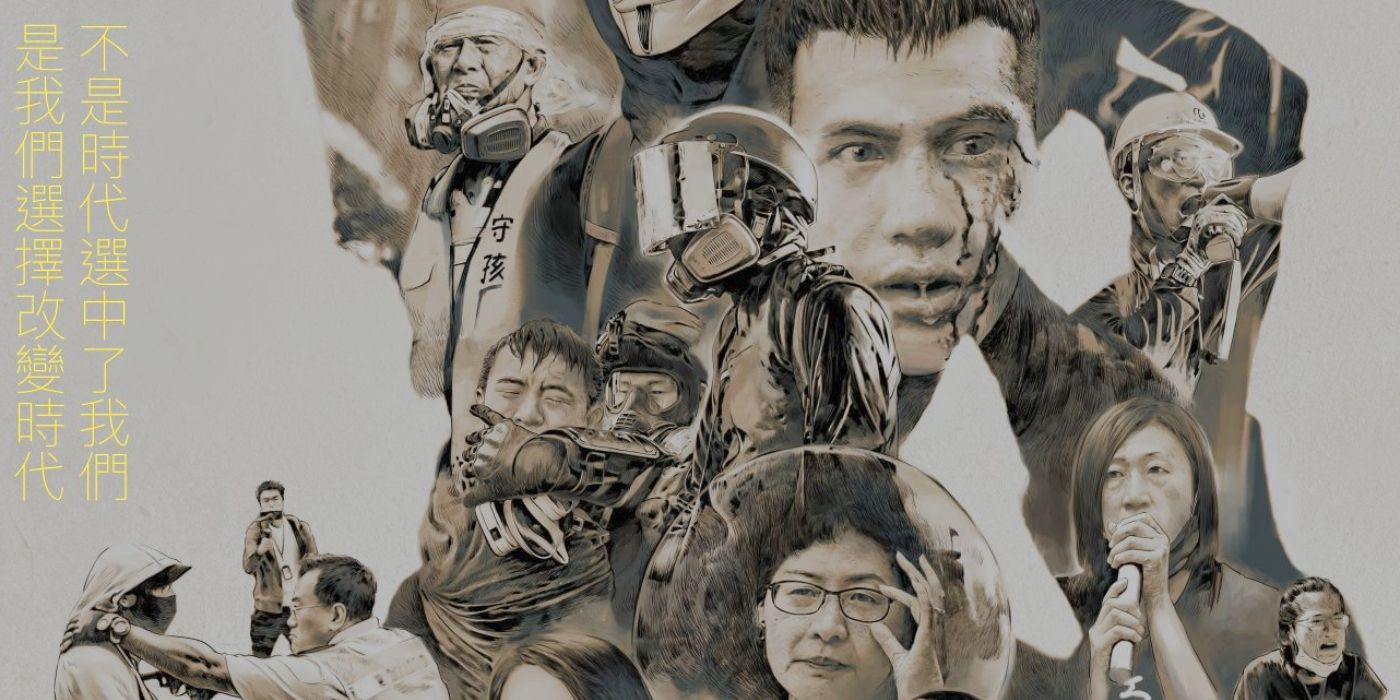The Cannes Film Festival has returned after a long delay and it hit film enthusiasts, critics and other moviegoers with its fair share of surprises, such as a last-minute addition to its selection of films-- one that is being viewed, predictably, as an act that will surely anger the Communist Party-ruled government of China, in part because of when and how it was released.
Revolution of Our Times received a single screening during the festival and was not publicly known before it was unveiled at the prestigious film festival. It covers some of the major events of the 2019 Hong Kong protests and explores the lives and motivations of the people who participated in what eventually became the wider pro-democracy movement.
The documentary, directed by Kiwi Chow, was screened at the end of The Cannes Film Festival, after three entries from China had already been screened. While no official response from the CCP has been issued yet, there is speculation that the festival will see boycotts and complaints from China, similar to those issued against the Academy Awards when another Hong Kong documentary, Do Not Split, was nominated.
The 2019 Hong Kong Protests began in May of that year in response to a proposed extradition bill that would allow criminals to be extradited from Hong Kong and be tried and punished in China, where the conviction rate is over 99 percent. This was seen as one of several attempts that Chinese authorities have made since 1997 to impose mainland rule over Hong Kong, a special autonomous region that was assured a largely democratic system until 2047 through the Sino-British Joint Declaration.
Over the course of the next year, the protesters took to the streets and endured consistently excessive use of force by the Hong Kong Police Force, including violence, tear gas and lethal weapons. As the HKPF was defended by the Hong Kong government and its Chief Executive, Carrie Lam, the Anti-Extradition Bill Movement evolved into a pro-democracy movement in response.
In order to stifle the protests, the Chinese Communist Party imposed a new national security law over Hong Kong that passed on June 30, 2020. The legislature criminalizes secession, subversion and collusion with foreign forces. It has been criticized by the international community for its vaguely defined terms and wide application. This has led to the arrest of hundreds of journalists, pro-democracy activists and pan-democratic politicians. The national security law has been applied to most areas, from education to movies and other forms of artistic expression.
Source: The Hollywood Reporter, YouTube

